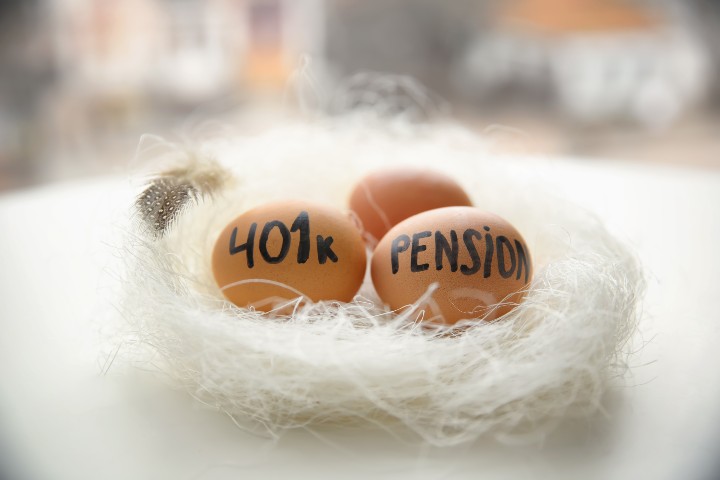Pensions are kind of a thing of the past, having been replaced by 401(k) plans, but they do still exist for government employees and the military, and for people who have been employed by a large corporation for many years.
Pensions are a highly valuable asset, often the largest asset in the marriage. Dividing one in divorce is complicated and sometimes contentious. For various reasons, I find people are possessive about their pensions and they are usually surprised by their value.
First, you must determine the monthly pension payment. Pensions are based on a formula set out in the plan, and are often based on the highest average salary and years of service. Determining years of service may not be as straightforward as you might think, particularly if the pensioner has been in the military. Will the cost of living increase?
Second, you must calculate a pension’s current lump sum value, which few know how to do. In simple terms, you must find out how much it would cost to fund a stream of payments for a person’s lifetime, starting at the date they would be eligible to take the pension. Calculations include present and future values and knowing what discount rates to use. Sounds Greek to most people, including many experienced attorneys.
Was the pensioner married the entire time he or she earned the pension? Determining the marital portion can be complicated, particularly if this is the second or third marriage.
Then there is the method and time of distribution which are negotiable points. Will the employee pensioner take the pension over his or her life only or take a joint and survivor payment? The payment method affects the amount of the monthly pension, and whether it will cease when the employee pensioner dies.
Finally, dividing a pension always requires a court order. If not done correctly, a pension the non-employee spouse was relying on for support in retirement could very well not be there.
Involving a Certified Divorce Financial Analyst in divorce, particularly when a pension exists, can not only ensure the division of assets considers the correct pension value, but can protect a spouse from making a financially devastating error out of ignorance.

